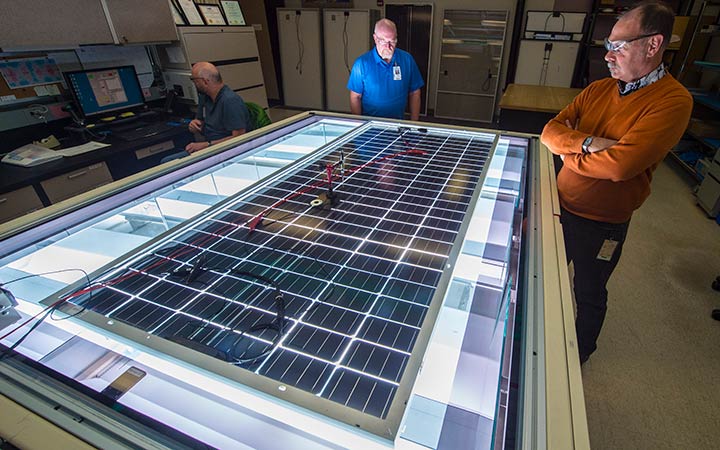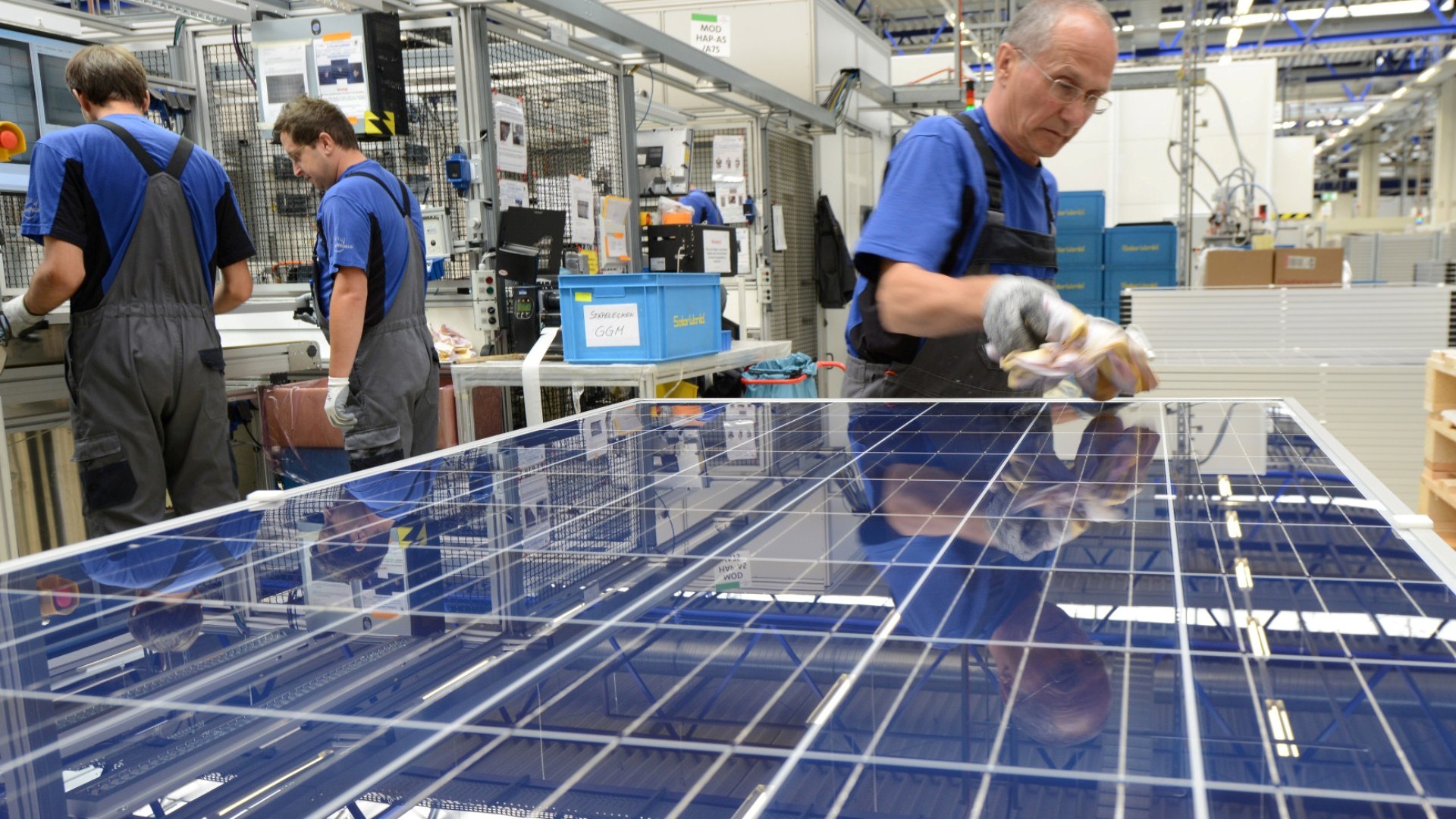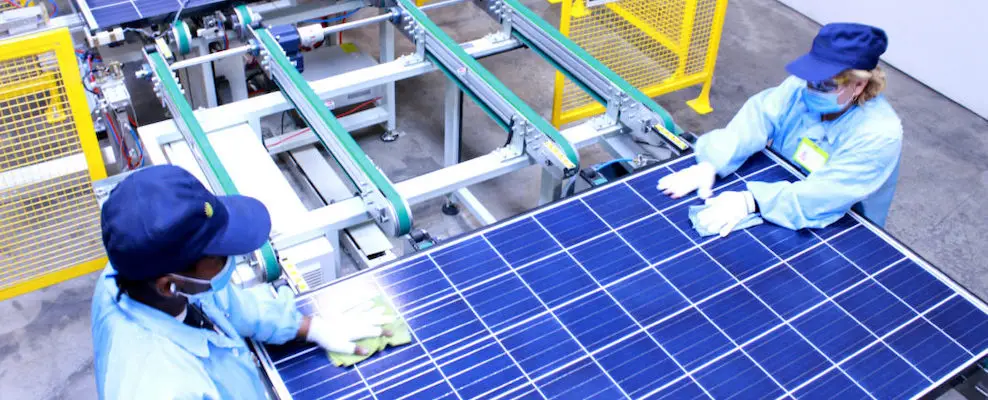
Introduction
Solar energy research and academic institutions have played a pivotal role in the development and advancement of sustainable energy solutions. As the world’s reliance on fossil fuels continues to pose environmental and economic challenges, the need for alternative energy sources has become increasingly evident. In this article, we will explore the historical background, key concepts, main discussion points, case studies, current trends, challenges, and future outlook of solar energy research and academic institutions.
Historical Background
The historical development of solar energy research can be traced back to ancient civilizations harnessing the power of the sun, but significant milestones and breakthroughs occurred in the 19th century. From the discovery of the photovoltaic effect to the development of solar thermal technologies, scientists and engineers have continually expanded our understanding and utilization of solar energy.
Key Concepts and Definitions
Solar energy refers to the radiant light and heat emitted by the sun, which can be converted into usable electricity or thermal energy. Academic institutions play a crucial role in solar energy research by conducting studies, experiments, and developing innovative technologies. Key terms and concepts related to solar energy research include photovoltaics, solar thermal, solar cells, solar panels, solar radiation, and solar power generation.

Main Discussion Points
Overview of Solar Energy Research and Academic Institutions
Research in solar energy is vital for advancing technology and finding sustainable solutions to meet the world’s increasing energy demands. Collaboration between academic institutions and industry is essential to drive innovation and ensure the practical application of research findings. Funding sources for solar energy research include government grants, private investments, and partnerships with industry stakeholders.
Role of Academic Institutions in Solar Energy Research
Academic institutions establish and operate research centers and laboratories dedicated to solar energy research. They also offer training and education programs to equip future professionals with the necessary knowledge and skills in the field. Additionally, these institutions contribute to policy development and implementation of solar energy solutions through research findings and expert guidance.
Integration of Solar Energy Research in Academic Curriculum
Academic institutions incorporate solar energy research into their curriculum to educate students about the latest advancements and opportunities in the field. Courses and programs focusing on solar energy provide theoretical knowledge and practical experience. Moreover, research opportunities for both students and faculty enable them to contribute to the field and make valuable discoveries. Incorporating solar energy research in academic institutions offers numerous benefits, including fostering innovation, creating a sustainable future workforce, and addressing global energy challenges.

Case Studies or Examples
Several academic institutions have emerged as leaders in solar energy research. For instance, the Massachusetts Institute of Technology (MIT) boasts cutting-edge research centers such as the MIT Energy Initiative and the Solar Energy Innovation Network. Successful research projects and initiatives in the field include the development of highly efficient solar cells and the optimization of solar power plants. Collaboration between academic institutions and industry partners has resulted in groundbreaking advancements, such as the creation of affordable solar-powered appliances for developing nations.
Current Trends or Developments
Recent advancements in solar energy research and technology have revolutionized the industry. Innovations like perovskite solar cells, solar paint, and solar-powered wearables have expanded the possibilities for solar energy utilization. Emerging trends include the integration of solar energy with storage technologies, smart grid systems, and the internet of things. Furthermore, recent research findings have shed light on the potential of solar energy to reduce greenhouse gas emissions and address climate change.
Challenges or Controversies
Solar energy research and academic institutions face various challenges in their pursuit of sustainable power solutions. These challenges include high initial costs, intermittency issues, and the need for efficient energy storage systems. Additionally, controversies surrounding solar energy policies and technologies, such as the impact on wildlife and land use, require careful consideration and evaluation. Different viewpoints exist regarding the effectiveness and viability of solar energy research, particularly in terms of its potential to replace traditional energy sources entirely.

Future Outlook
The future of solar energy research and academic institutions looks promising. Ongoing advancements in technology and continued investment in research and development are expected to increase the efficiency and affordability of solar energy solutions. Potential breakthroughs include the development of flexible and transparent solar panels, improved energy storage technologies, and the integration of solar energy into urban infrastructure. Solar energy is poised to play a vital role in addressing global energy challenges, reducing reliance on fossil fuels, and creating a sustainable future.
Conclusion
Solar energy research and academic institutions have played a crucial role in advancing sustainable power solutions. Collaboration between academia and industry, integration of solar research in the academic curriculum, and success stories from leading institutions demonstrate the potential and importance of solar energy. Despite challenges and controversies, the future outlook for solar energy research remains optimistic, with potential advancements and breakthroughs expected to revolutionize the energy landscape.
References
- International Energy Agency. (2021). Solar Energy Technologies.
- U.S. Department of Energy. (2021). Solar Energy Technologies Office.
- MIT Energy Initiative. (n.d.). Solar Energy.
- Gupta, M. (2020). Solar Energy: Current Trends and Future Perspectives. Renewable and Sustainable Energy Reviews, 117, 109478.
- Zervas, P., et al. (2021). Solar Energy Harvesting: State of the Art, Recent Advances, and Outlook. Renewable and Sustainable Energy Reviews, 139, 110709.




